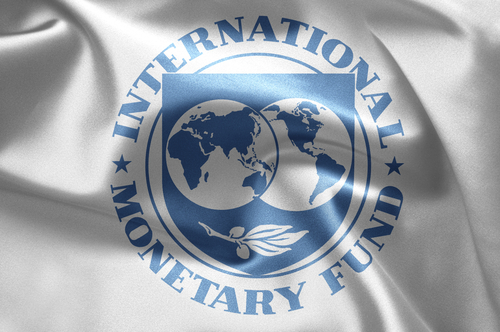Experienced Investor
Fund managers pose threat to global financial stability, says IMF

Fund managers pose a grave and growing threat to global financial stability, and regulators should scrutinise their behaviour more closely, the International Monetary Fund (IMF) has cautioned.
Included in the latest edition of the IMF Global Financial Stability Report is a chapter covering the fund management industry; the section concludes that the delegation of investment decisions to fund managers “introduces fundamental incentive problems” which can encourage “destabilising behaviour” and “amplify shocks”.
The IMF believes that the current regulatory structure does nothing to prevent “herding” behaviour – individual fund managers moving into the same asset classes in order to reach performance targets. Furthermore, the IMF speculates that banks owning asset management firms can “influential and complex mega conglomerates”.
The report claims that “herding” can result in significant market reversals if conditions change adversely. In particular, the inclination of investors to withdraw their money from funds if it is considered to be underperforming can mean managers are incentivised to take major risks to achieve big gains and prevent migration. The report warns that “large-scale sales by funds may exert significant downward asset-price pressures, which could affect the entire market.” Such behaviour is, the IMF believes, is “prevalent and increasing”.
As a result of the phenomena, sterner policing of the industry is urged. Among the remedies suggested by the body is a proposal that would see the introduction of stress tests, meaning fund managers would be tested for weak spots in the same manner as banks. Watchdogs could also be established to ensure funds hold a minimum amount of liquid assets.
However, the IMF does not believe there is a correlation between the size of fund management firms and potential to cause financial instability – instead, the IMF suggests that specific practices and products are to blame.
Elsewhere in the report, the global banking sector is given a relatively clean bill of health, and the increasingly localised character of banking is welcomed; the IMF believes less globalised banking entities significantly reduces the risk of “contagion” and “cross-border shocks”, the like of which caused the 2008 financial crisis.
“The relative shift on the part of foreign banks away from cross-border lending and toward more local lending has a positive effect on the financial stability of host countries,” the report concludes.